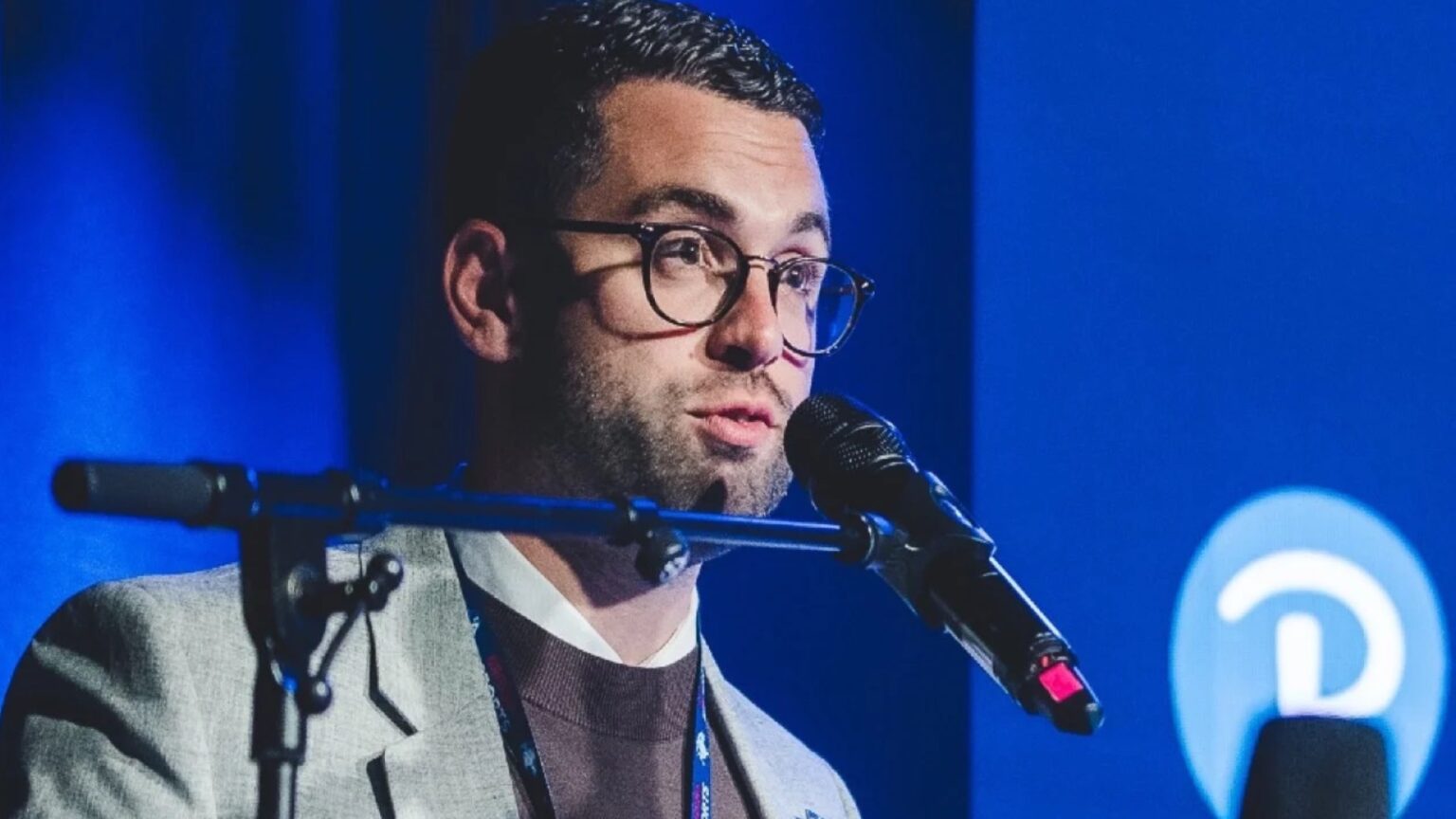The British eSports Federation, in collaboration with Pearson, has announced a move in eSports education – the introduction of Higher Nationals in eSports.
These qualifications, designed to provide an academic framework for eSports enthusiasts, include the Level 4 Higher National Certificate and Level 5 Higher National Diploma. These courses are designed to correspond with the first and second years of a university undergraduate degree in their approach and content.
Introducing these qualifications represents a development in merging eSports with conventional education. The curriculum, emphasizing work-related skills, is designed to provide students with the competencies required for success in the rapidly changing eSports industry.
. @British_Esports and @pearson have introduced new educational qualifications.
Known as Higher Nationals in Esports, the qualifications aim to provide opportunities for people to further their careers within the esports industry.https://t.co/NnyfKzRIvh
— Esports Insider (@esportsinsider) November 27, 2023
This educational move stems from a collaboration between the British eSports Federation and Pearson, which began four years ago with the creation of the first-ever eSports BTECs. Presently, this collaboration continues, with the aim of these new qualifications enhancing the skill set of future professionals in the eSports field.
Kalam Neale, Head of Education at British eSports, comments:
“Today, we’re proud to launch the Higher Nationals in eSports to continue to strengthen the workforce of the future and give students greater options and accessibility when pursuing a career in eSports or elsewhere.”
Global expansion of eSports education
This venture is not limited to the UK. Pearson is also expanding its educational reach to Vietnam, where the University of Technology and Management will offer BTEC courses in eSports. These courses will cover a range of skills vital in the eSports world, such as broadcasting and brand building. Similarly, the Philippines has joined this educational revolution. Lyceum of the Philippines University-Manila has introduced a Bachelor of Science in eSports program, encompassing areas like eSports production, management, game design, and development.
LOOK: Lyceum of the Philippines University – Manila inaugurated the LPU ESports Arena on Monday, the first of its kind in the country. | via @romwelanzures pic.twitter.com/AC3XVorkKe
— ABS-CBN News (@ABSCBNNews) November 20, 2023
These programs go beyond theoretical knowledge, offering state-of-the-art facilities like eSports labs and arenas for practical learning. This hands-on approach is crucial in preparing students for real-world challenges in the eSports industry. Such facilities foster technical skills and encourage strategic and problem-solving abilities, which are key in the dynamic world of eSports.
Integrating eSports into educational systems is not just about fostering gaming talent. It also significantly develops essential workplace skills such as teamwork, leadership, communication, and strategic thinking. Institutions like Japan’s eSports High School blend traditional academics with intensive video game training, catering to various student needs and interests.
Preparing for a diverse future in eSports
The British eSports Federation and the College of eSports in the UK have also recently collaborated to develop a degree program in eSports. This program covers various subjects, from game design to international eSports business and eSports coaching and management. Such educational ventures are vital in preparing a skilled workforce that can contribute significantly to the growth of the eSports industry both domestically and internationally.
The introduction of Higher Nationals in eSports in the UK represents a development in the convergence of educational programs and the eSports industry. The qualifications provide academic recognition to the eSports industry and open doors for enthusiasts to pursue careers within this rapidly growing field.
As eSports continues to gain global traction, the need for educated professionals in this sector becomes increasingly important. It reflects a broader recognition of the value of eSports, not only as an entertainment medium but also as a potent tool for developing essential professional skills.









 and then
and then